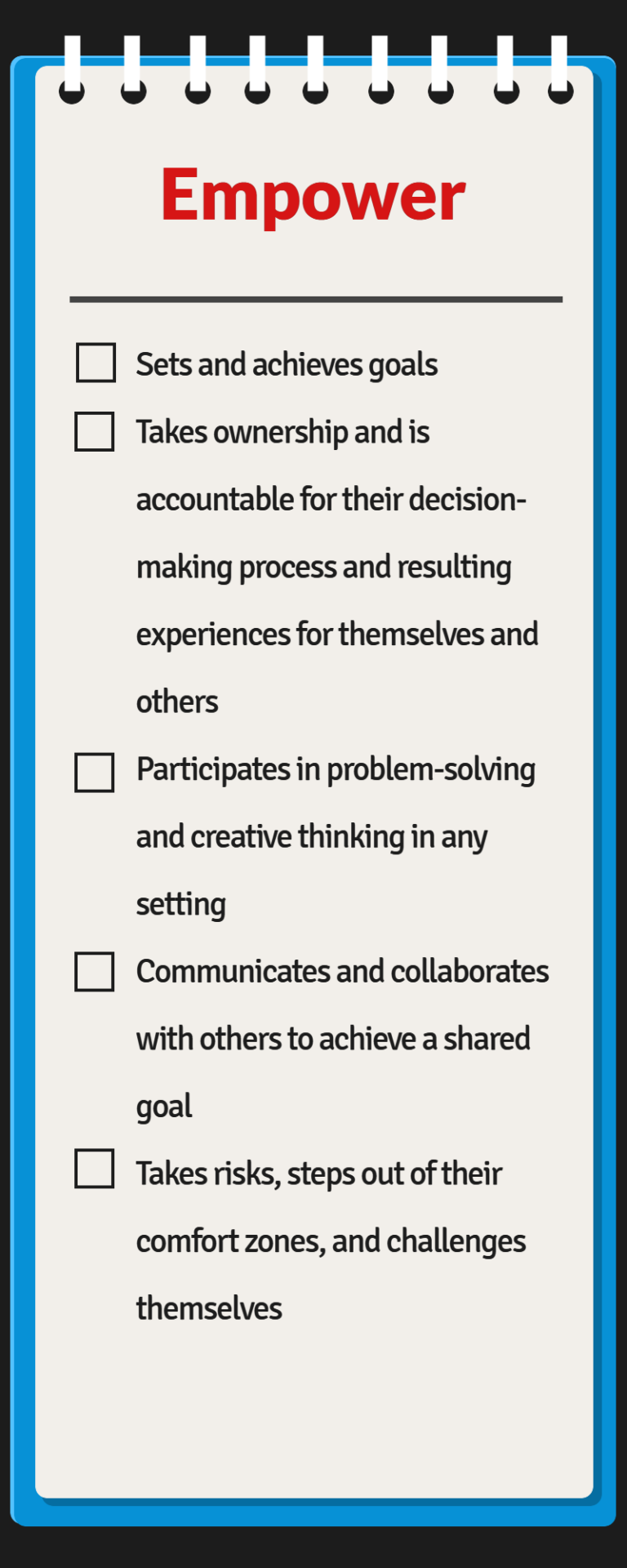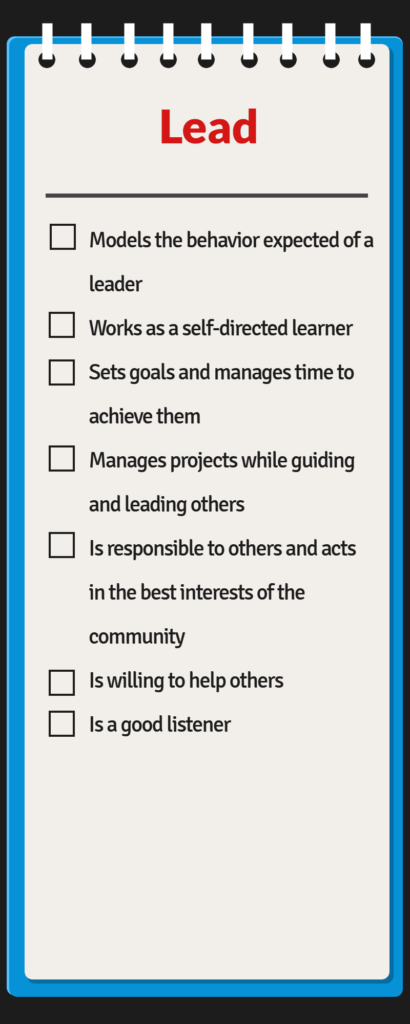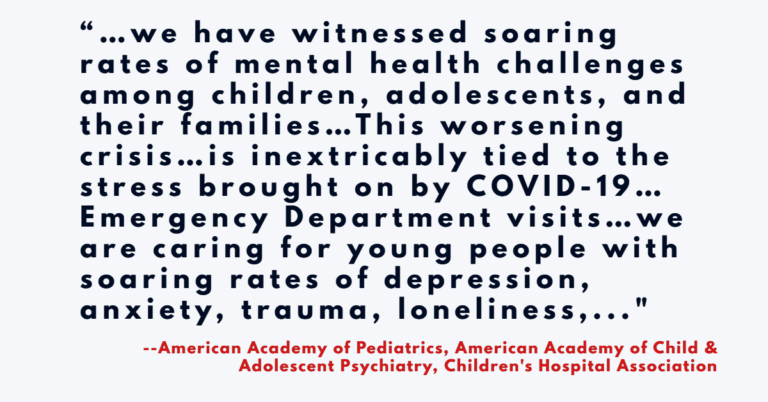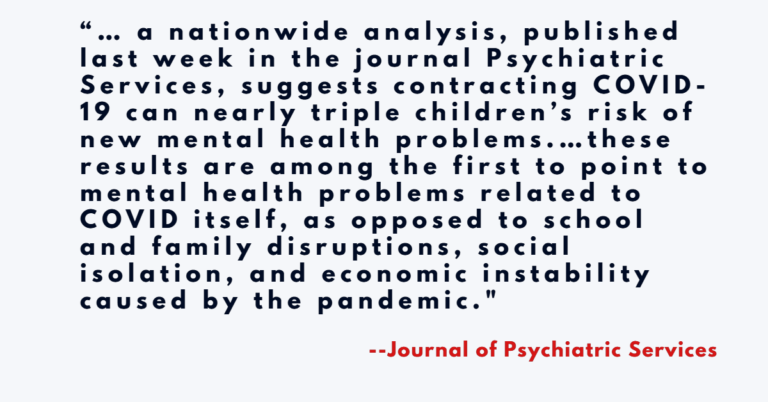How to Connect, Empower, Lead When Times are Tough
By Jim Grout
At High 5, the key concepts of Connect – Empower – Lead are inherent in our philosophy and practice. The charts below include the behaviors we feel are crucial in order to learn and refine these concepts. Take a few minutes to review the lists and reflect upon the importance of being able to demonstrate these skills. Do you agree that they are necessary for a person to be socially intelligent, emotionally balanced, and compassionate? How do they contribute to an individual’s sense of wellbeing? What internal and external factors can negatively influence these characteristics?



Reflecting on the Pandemic’s Long-term Impact
For many, the pandemic has accentuated the importance of being human. At the onset of the pandemic, protocols like “social” distancing were often used instead of “physical” distancing, a not-so-subtle reminder of our social nature and yearning to connect and interact with others in a community. In the absence of human connection and social interaction, one’s ability to demonstrate the Connect – Empower – Lead skills may have declined. That decline is reversible, but no less concerning. In the here and now, we have to acknowledge that we’re in the midst of new weighty challenges that affect personal growth and our mental and physical health.
Over the years, one facet of experiential learning that we can rely on and really lean into when times are challenging is reflection. Reflection is a central process in the experiential learning cycle, and today we would like to reflect deeply on the subject of trauma and mental health. A recent declaration from the American Academy of Pediatrics, the American Academy of Child and Adolescent Psychiatry, and the Children’s Hospital Association warned of growing numbers of children experiencing stress-related emotional challenges related to the COVID-19 pandemic and its effects on them and their families.

This report is unsettling, and is confirmed by findings in a recently released study, published in the journal Psychiatric Services and reported by Education Week’s Sarah Sparks:

The journal article continues to explain, “None of the children or adolescents had been diagnosed with a mental health disorder or had needed mental health services in the year before they were tested for the coronavirus. But more than 7 percent of those who tested positive for COVID-19 had a new mental health diagnosis, on average within 30 days…
“…researchers found contracting COVID-19 nearly tripled children’s risk of mental health problems, including attention-deficit hyperactivity disorder; anxiety disorder, and trauma or stress disorder. The older the child, the more having COVID-19 increased their mental health risks.”
Prioritizing Professional Development for All Educators
This new evidence about COVID and trauma-related mental health impacts has reinforced the importance of providing educators, especially teachers, counselors and school-based psychological clinicians, with professional development programs that will support them and their students in the coming year. Emotional development and a healthy sense of well-being go hand in hand and are critical qualities of life, especially at this time. Maturity, self-awareness, empathy and compassion for others, responsibility for one’s actions, and the desire and ability to live in community, are strengths that build from the time we are children and never really stop. With each year and passing phase and age we are confronted with different social and emotional problems—from choosing sides in kickball to choosing a partner in life, and we need understanding and skill to meet each successive challenge.
With those changing needs and in these pandemic-related challenging times, how do we ensure the mental wellbeing and sense of security in community that is essential to continued learning and growth for ourselves and others? How do we maintain the balance and sense of perspective that signal a mature and connected human being? These questions are particularly important to classroom teachers and experiential educators and require keen insights and informed understanding.
At High 5, our educators are experienced in empowering individuals and groups in the discovery of personal leadership strengths; shaping new, more rewarding personal and professional relationships; growing appreciation for the power of collaborative teamwork, creative problem solving, and community; and deepening their self-confidence, self-agency, and sense of emotional wellbeing. All it takes to get started is a willingness to join in and take the risk of stepping outside our comfort zones to participate in what can be a life-growing experience.
What Can You Do?
Where does the responsibility rest when it comes to supporting our youth? One thing we all know is that relationships matter, and that paying attention to and noticing the signs of COVID- and trauma-related stress is crucial. Now more than ever, educators and the broader school community need support and resources to understand the potential signs of mental illness, and strategies to help instill a sense of wellbeing and emotional balance in a child’s personal life and in their ability to perceive and interact with the world around them. Remember the key concepts inherent in our philosophy and practice at High 5:
- Connect with all children, including those who may be exhibiting these behaviors
- Empower them to discover the strengths that will restore their balance and wellness.
- Lead them in that discovery process through experiences that help them understand their own and others’ potential for leadership.
- Be the Example for children and adults, modeling your own confidence in the world and in them.
In closing, I’d like to leave you with reflections from a couple of Nobel Prize winners. I hope you find them to be both relevant and inspirational:
“Example is leadership” ~ Albert Schweitzer
“Setting an example is not the main means of influencing others; it is the only means.” ~ Albert Einstein
Now it’s your turn.
Additional Resources
- COVID Linked to Dramatic Increase in Children’s Risk of Mental Health Problems (edweek.org)
- Mental Health Conditions Among Children and Adolescents With a COVID-19 Diagnosis | Psychiatric Services (psychiatryonline.org)
- Learn more about Rebuilding After COVID an online professional development program created by High 5’s Education Team
HIGH 5 ADVENTURE LEARNING CENTER
130 Austine Drive, Suite 170
Brattleboro, VT 05301
802-254-8718
877-356-4445
Fax: 802-251-7203
Privacy Policy
